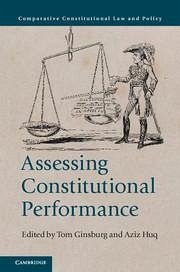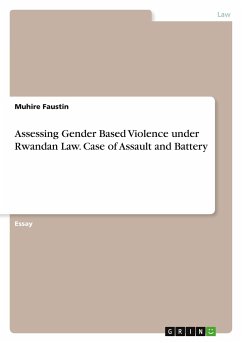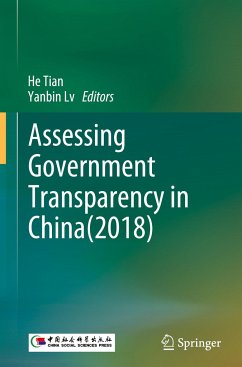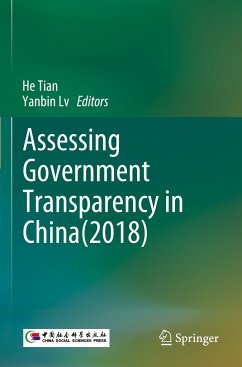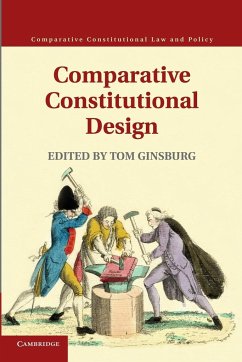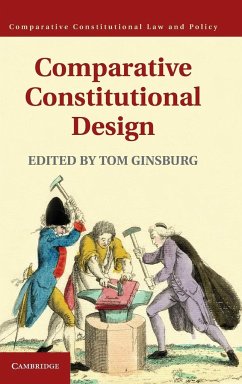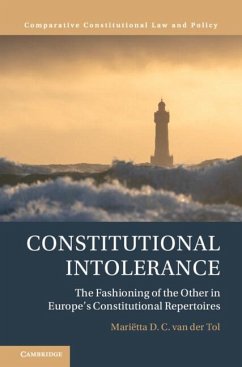
Assessing Constitutional Performance
Versandkostenfrei!
Versandfertig in 1-2 Wochen
75,99 €
inkl. MwSt.
Weitere Ausgaben:

PAYBACK Punkte
38 °P sammeln!
From London to Libya, from Istanbul to Iceland, there is great interest among comparative constitutional scholars and practitioners about when a proposed constitution is likely to succeed. But what does it mean for a constitution to succeed? Are there universal criteria of success, and which apply across the board? Or, is the choice of criteria entirely idiosyncratic? This edited volume takes on the idea of constitutional success and shows the manifold ways in which it can be understood. It collects essays from philosophers, political scientists, empiricists and legal scholars, that approach t...
From London to Libya, from Istanbul to Iceland, there is great interest among comparative constitutional scholars and practitioners about when a proposed constitution is likely to succeed. But what does it mean for a constitution to succeed? Are there universal criteria of success, and which apply across the board? Or, is the choice of criteria entirely idiosyncratic? This edited volume takes on the idea of constitutional success and shows the manifold ways in which it can be understood. It collects essays from philosophers, political scientists, empiricists and legal scholars, that approach the definition of constitutional success from many different angles. It also brings together case studies from Africa, Europe, Latin America, the Middle East and Asia. By exploring a varied array of constitutional histories, this book shows how complex ideas of constitutional success play out differently in different contexts and provides examples of how success can be differently defined under different circumstances.





